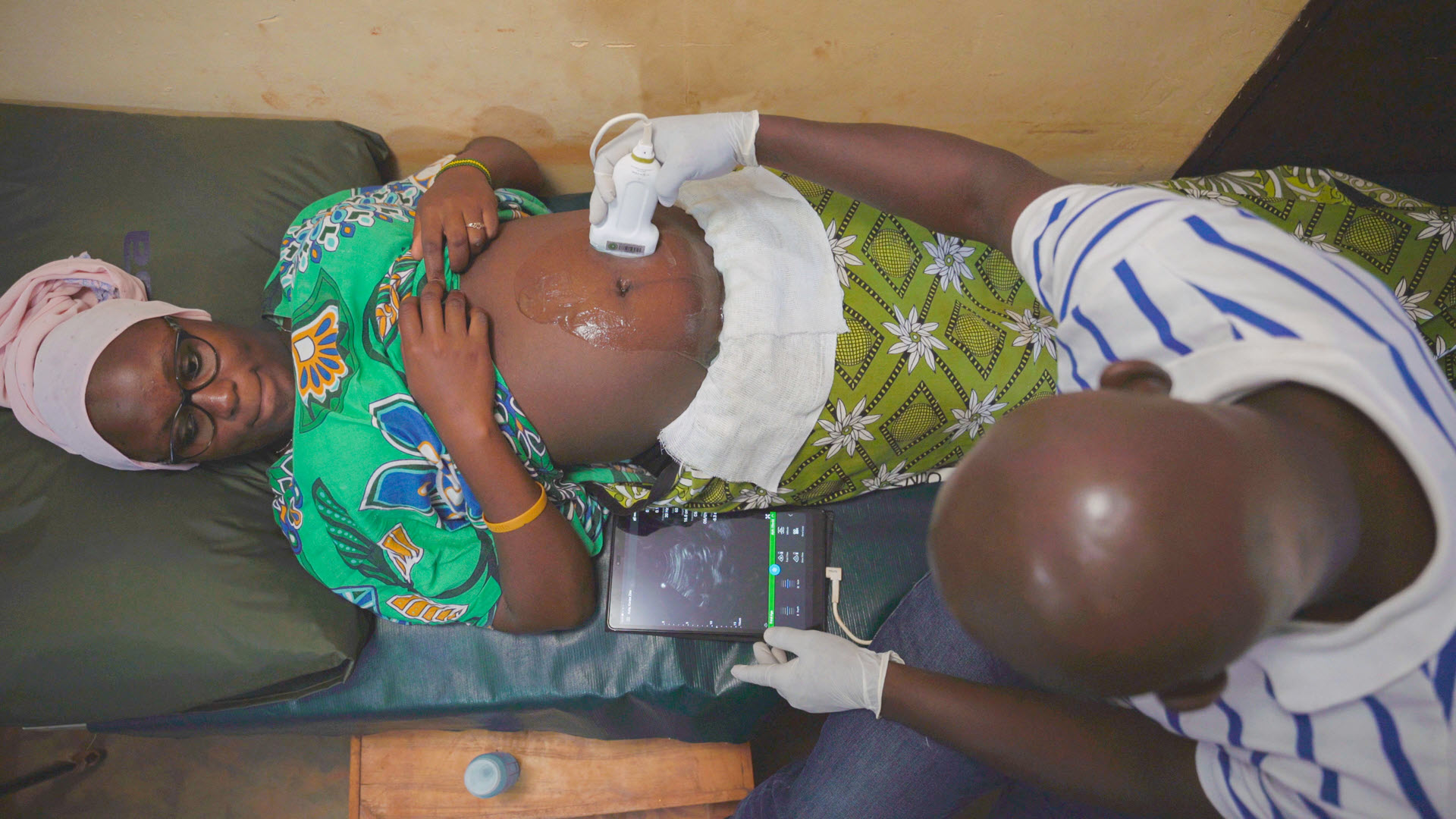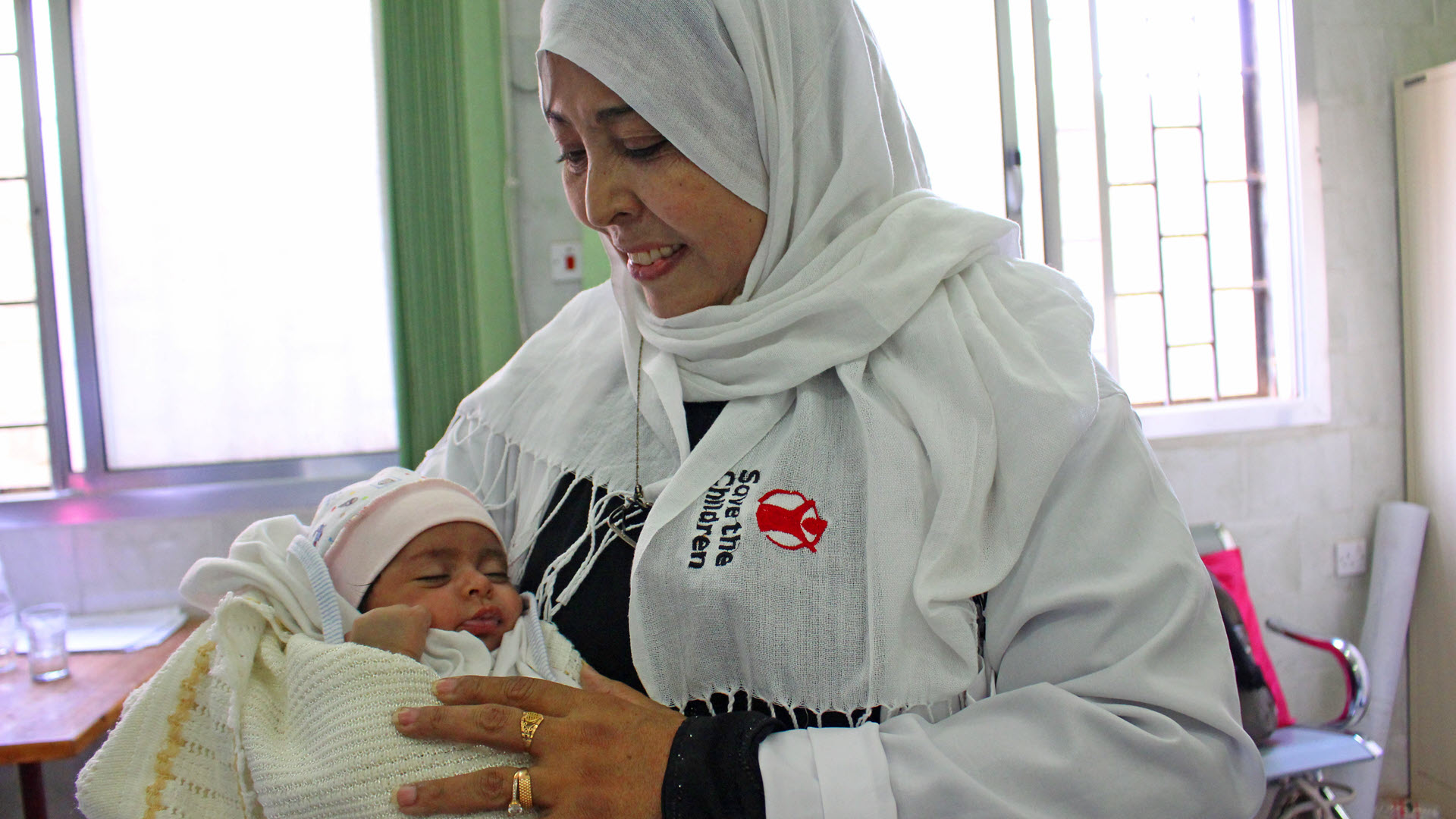Together with the Indonesian Red Cross and through Philips Indonesia, the Philips Foundation is hoping to help Indonesians, especially those living in red zones. The Philips Foundation is an organization founded by the Philips company that aims to reduce healthcare inequality by providing access to quality healthcare for disadvantaged communities.
“More than ever, the Philips Foundation is striving to help provide access to critical care for those most in need, by leveraging Philips’ expertise, innovative products and solutions,” Margot Cooijmans, Director of the Philips Foundation, said. “Early detection of COVID-19 by ultrasound technology makes it possible to treat patients faster and may be key to survival.”
PMI plans on opening posts to conduct rapid tests in places where people gather in Jakarta, such as train and MRT stations, traditional markets and other commercial areas. Meanwhile, the six ultrasound devices will be distributed to COVID-19 referral hospitals, which are the PMI Hospital Bogor (3 units), PMI Lhokseumawe North Aceh (1 unit), Siti Hajar Islam Hospital, Sidoarjo (1 unit) and Faisal Islam Hospital Makassar (1 unit).
As a global leader in health technology, Philips Indonesia feels the need to directly contribute to the efforts of preventing transmission as well as early detection of suspected COVID-19 patients in Indonesia. “We are committed to support and help improve the quality of public health. Through this donation, we hope to support the efforts by PMI in early detection of COVID-19 transmission, as well as help ease the work of medical professionals on the front line,” said Pim Preesman, President Director of Philips Indonesia. “We expect that COVID-19 patients can get faster, easier and safer treatment with the use of Lumify, a portable USG device that can be used even in the emergency ward by medical professionals. Philips believes that collaboration between all parties will help us all in facing this difficult situation.”
Ultrasound has proven to be valuable in imaging peripheral lung tissue affected by pneumonia, which is closely tied to COVID-19 lung complications. Furthermore, by imaging patients at the point of care (POC), such as in the Emergency Department (ED) or Intensive Care Unit (ICU), clinicians can diagnose and monitor patients without the need to move them around the hospital, helping to reduce the risk of virus transmission to other patients or healthcare professionals.







